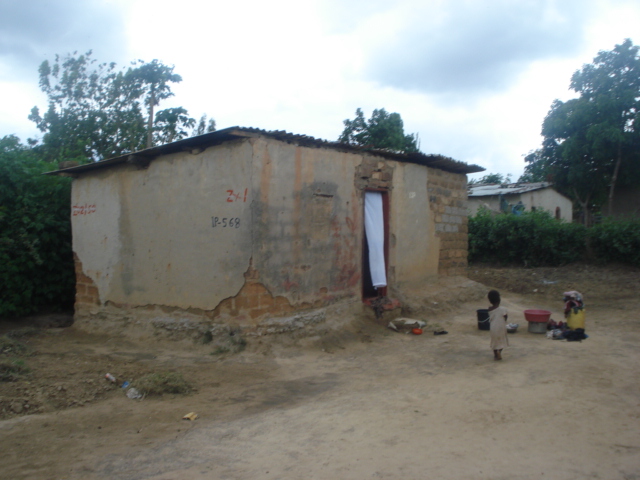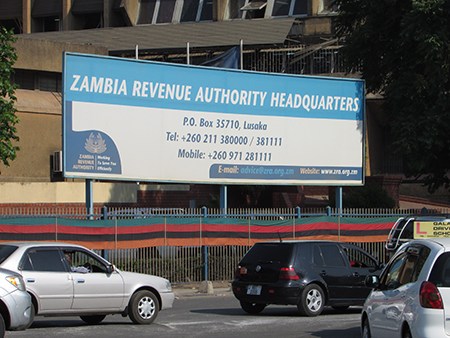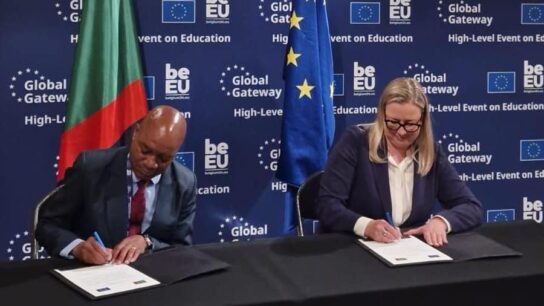Civil Society for Poverty Reduction (CSPR) has supported government’s move to offer financially aid under the Emergency Social Cash Transfer to one million households in urban and peri-urban areas who have been adversely affected by Covid-19.
CSPR Board Member Partner Siyabutuba told Money FM News in an interview that the initiative is very good because poverty and vulnerability levels are broad and deep across the country.
Mr. Siyabutuba however urged government to ensure that the project is done in a sustainable manner.
“While that is a good thing, I think that it must be sustainably done. It will be unrealistic to give those rations just for one month and then let people struggle for the rest their lives.”
‘Even those that are primarily on social cash transfer, they receive money today, then next time they are receiving is six months later, so you cannot deal with vulnerability like that,” Mr. Siyabutuba stated.
He said government must put in place a sustainable mechanism and measures that will ensure that once they start helping the vulnerable households, the project must not stop amidst people’s need for financial support.
Mr. Siyabutuba further urged government to have a robust social protection mechanism, adding that a well-structured and well-funded program will attract stakeholders on board.
“We are reacting to situations in a very unsustainable way, but if we have this very predictable well-funded and well-structured program, it can even attract stakeholders on board and we will be able to provide for the needs of our community in a sustainable way,” he stated.
The Disaster Management and Mitigation Unit (DDMU) disclosed yesterday that One million households in urban and Peri-urban areas adversely affected by Covid-19 will receive financial aid under the emergency cash transfer.
DMMU National Coordinator Chanda Kabwe said the project spearheaded by government and the World Food Program will see families in Lusaka, Ndola, Kitwe, Livingstone and Kafue receiving between 400 and K875 per month.
Categories:
Editor's Picks
Civil Society applauds government’s financial aid to One million needy households







